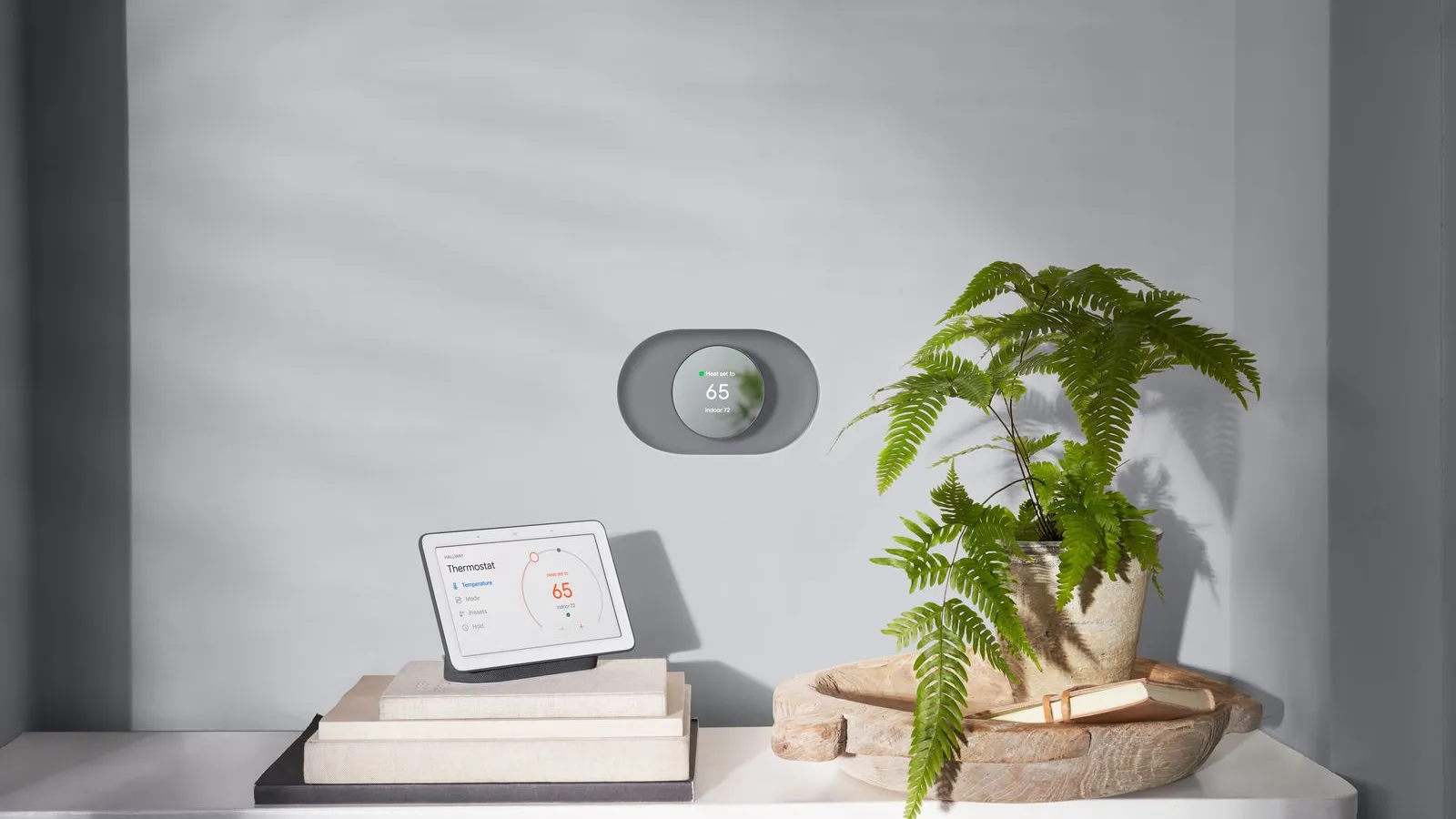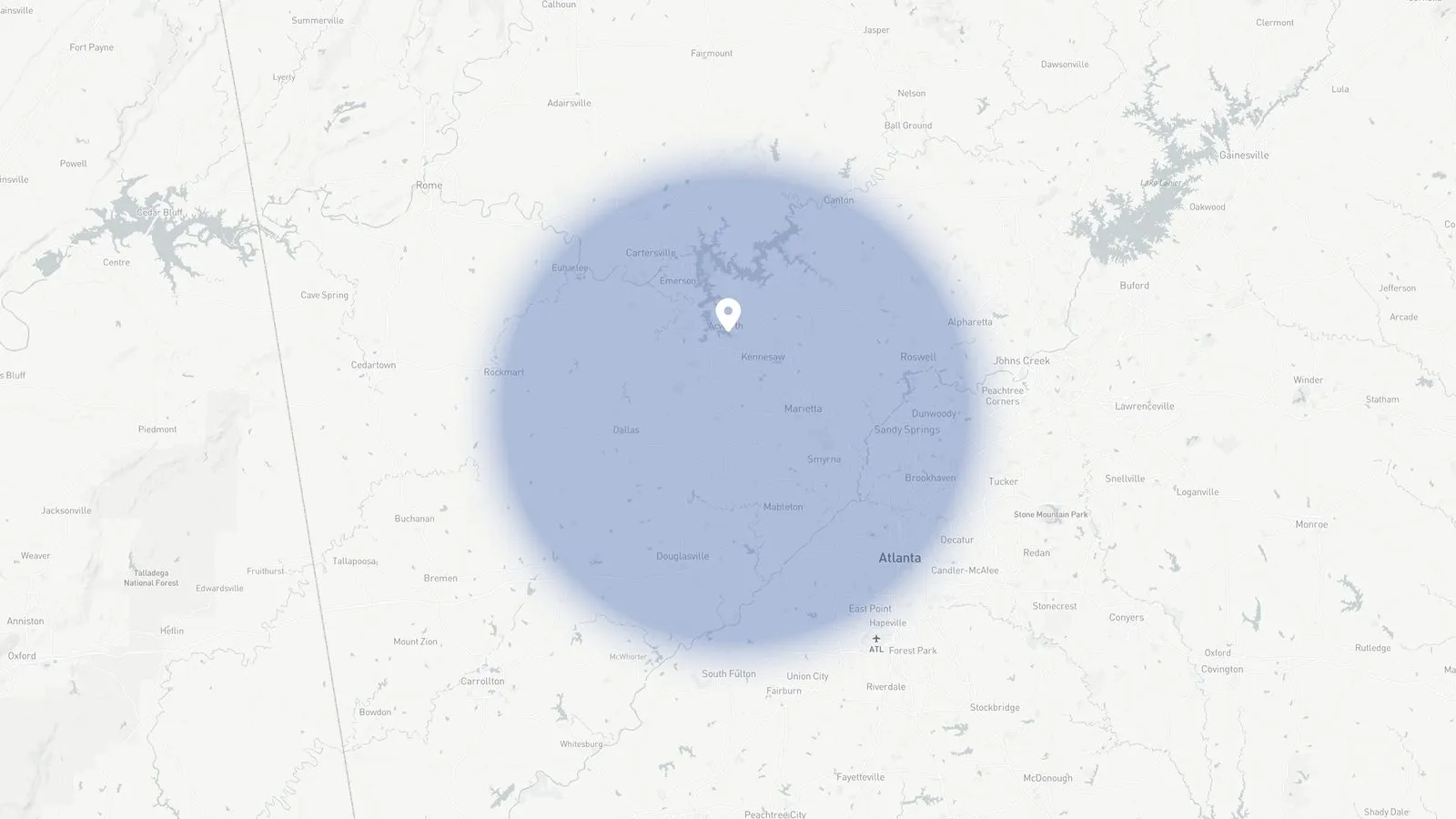
When you're looking to have a commercial HVAC system installed, you don't want to choose just any contractor for the job. Sure, there are plenty of qualified residential HVAC professionals out there, but here at Dayco, our technicians are not only trained for residential HVAC services, but commercial as well.
Commercial HVAC systems are complex, meeting the needs of dozens or potentially even hundreds of people, versus just a household. So, it's vital that the installation goes off without a hitch. Read on to learn more about commercial HVAC system installations.
Types of Commercial HVAC Systems
There are actually quite a few different types of commercial HVAC systems on the market, which is another part of the reason it's so important to have a professional install yours. We'll properly size and match a system to your specific property and needs. Your options include:
Single-Split Systems: This is typically a good option for smaller properties, and very similar to what you'll see in a residential building. Single-split systems involve one compressor, an evaporator coil, and refrigerant.
Multi-Split Systems: These systems are better for larger businesses or commercial spaces. Instead of having just a single indoor unit, it is comprised of multip indoor air handlers that hook up to a single outdoor unit.
Variable Air Volume: With the ability to vary airflow, these systems are incredibly efficient systems for commercial properties, especially those that are multi-room and not an open-office plan.
Variable Refrigerant Flow: These are also called variable refrigerant volume (VRV) systems, and they use a refrigerant as a cooling and heating medium, similar to heat pumps (which we'll mention in a moment).
Constant Air Volume: These systems work best in commercial properties that have large open areas and few windows, providing consistent airflow and regulating the building's climate by adjusting the air supply temperature.
Heat Pump System: A heat pump system operates similarly to a single-split system, with one important difference. The flow of refrigerant can change directions to provide your property with efficient and effective heat in addition to cooling!
Importance of Ductwork Inspections
In a residential building, about 30% of the conditioned air can be lost through ductwork breaches or leaks. This risk is even more critical for a commercial property, especially a larger one. Ductwork damage can allow conditioned (or heated) air to escape into unoccupied spaces such as behind walls, where the ductwork is located.
As a result, your property will still get charged for that energy use, even if it's not reaping the benefits.
Which Thermostat Is Best for Commercial HVAC?
The short answer to this question is, "it depends," and our professionals will be more than happy to look at your specific commercial property to address its needs.
Generally speaking though, a smaller commercial space could get along just fine with a residential thermostat, perhaps upgrading to a "smart" thermostat.
If your property has a lot of square feet to cool and heat, with zoned HVAC, then the smart or WiFi thermostat is probably the way to go.
For professional commercial HVAC installation in Marietta, GA, contact Dayco Systems.

